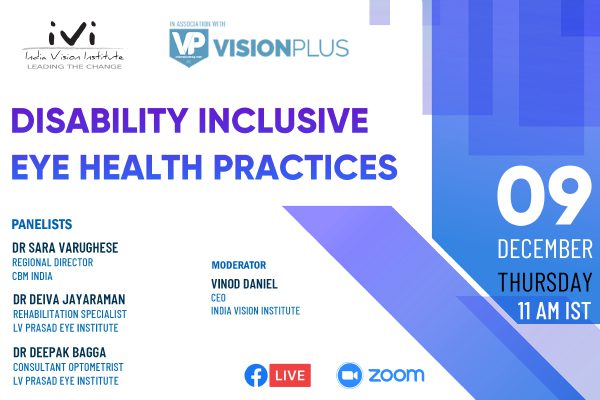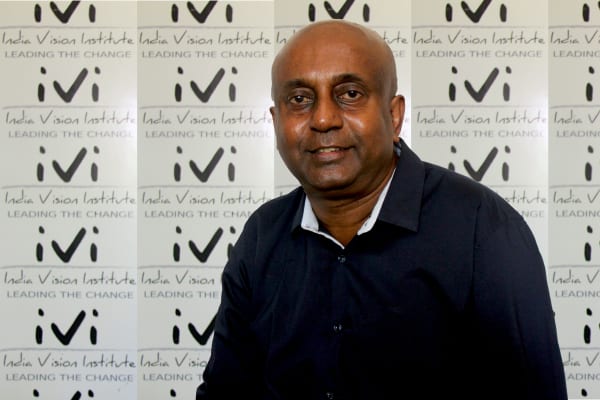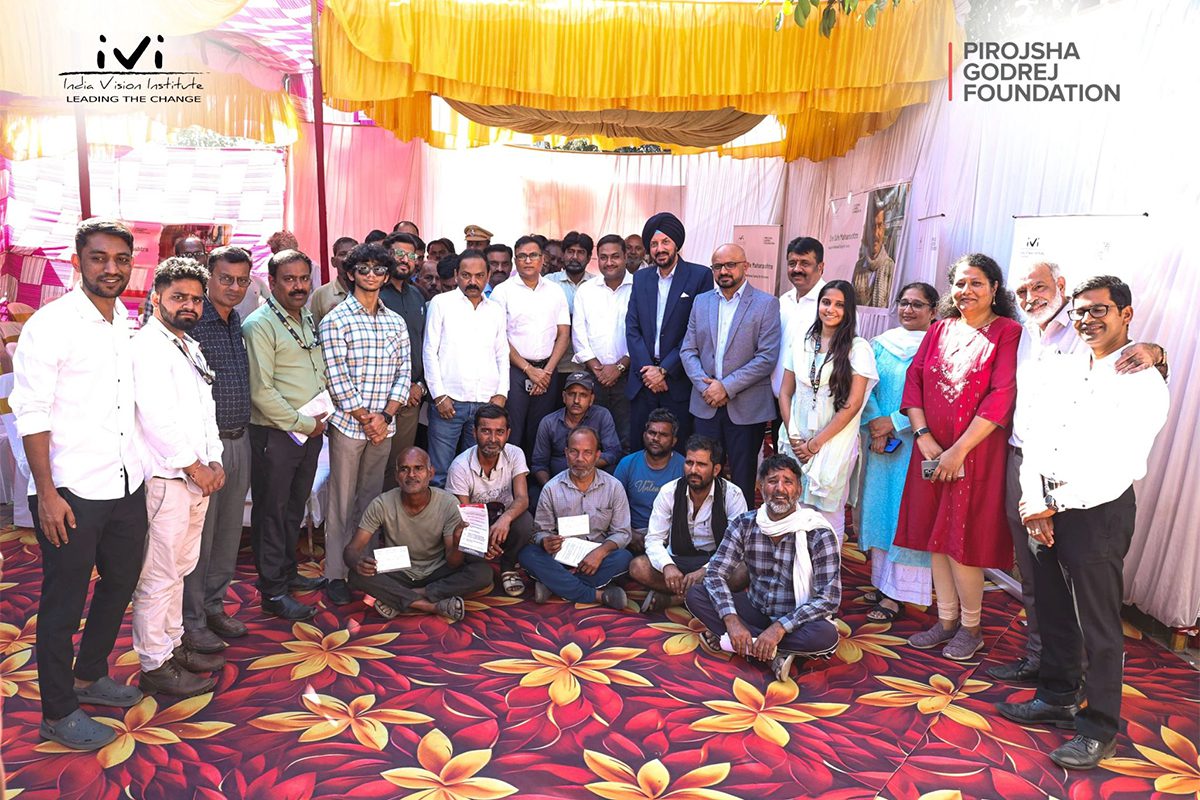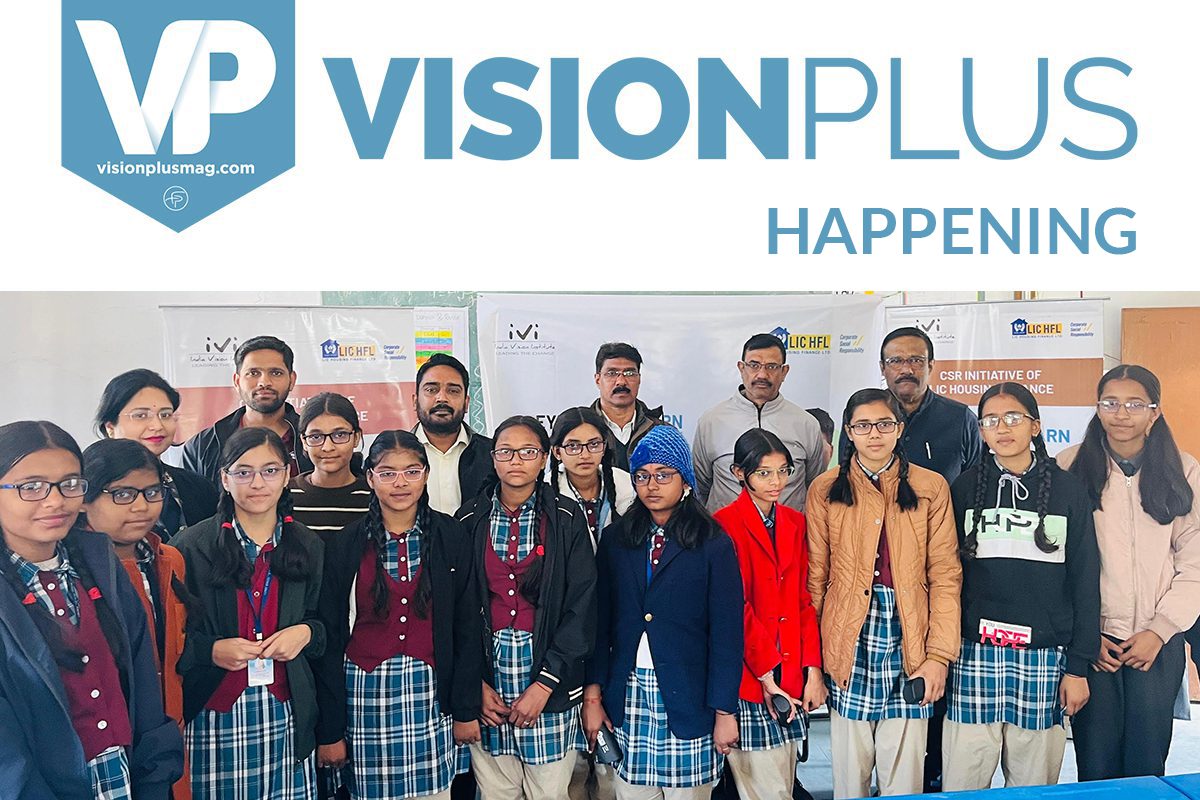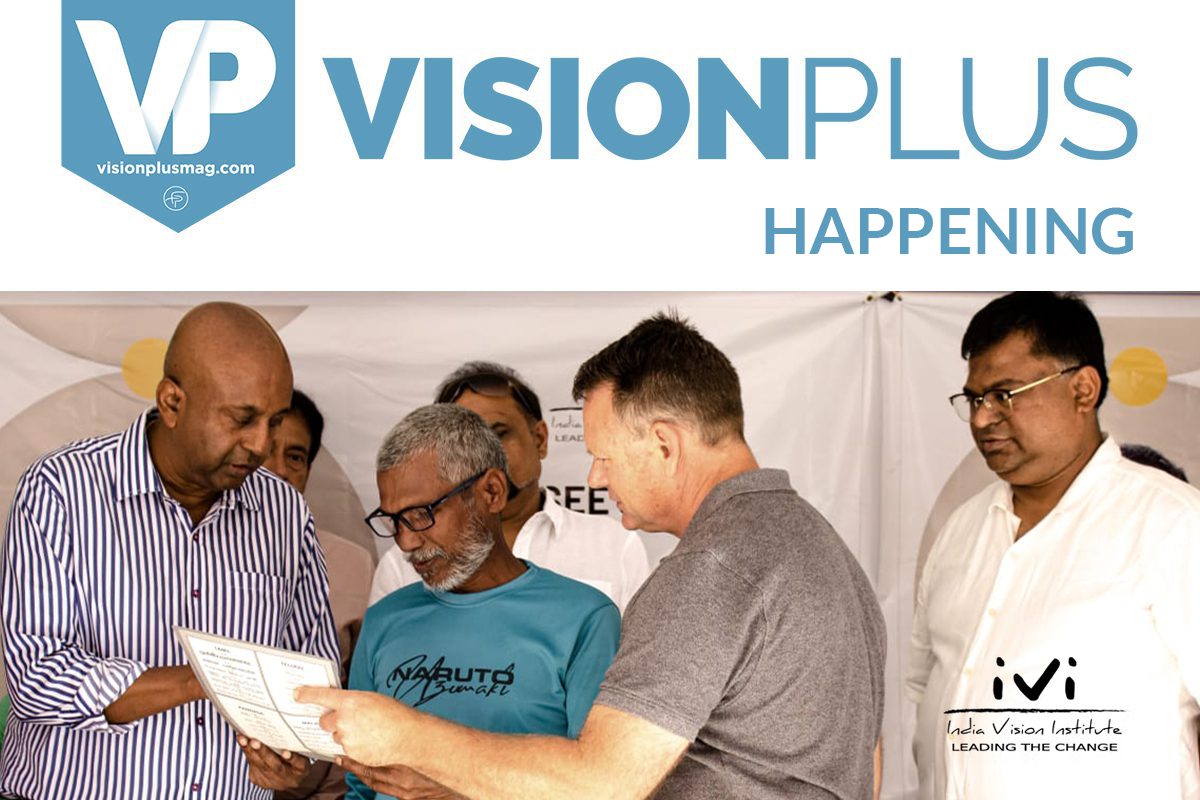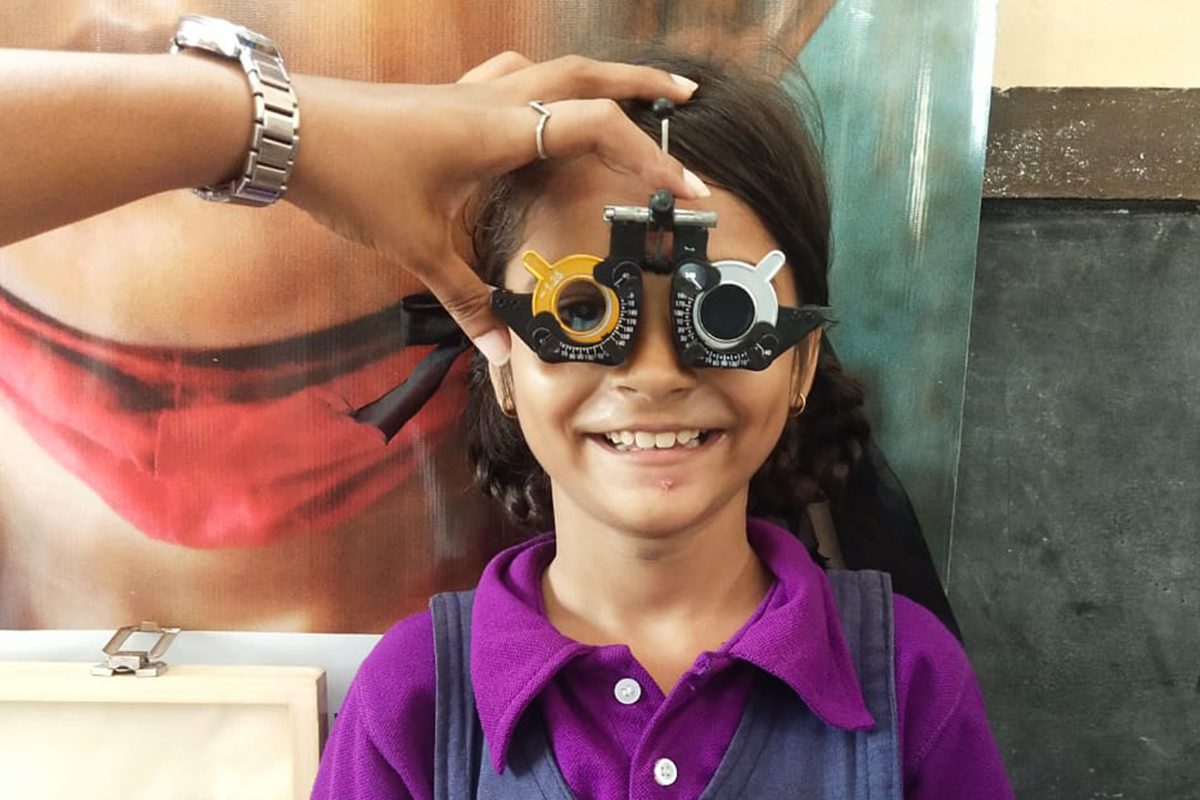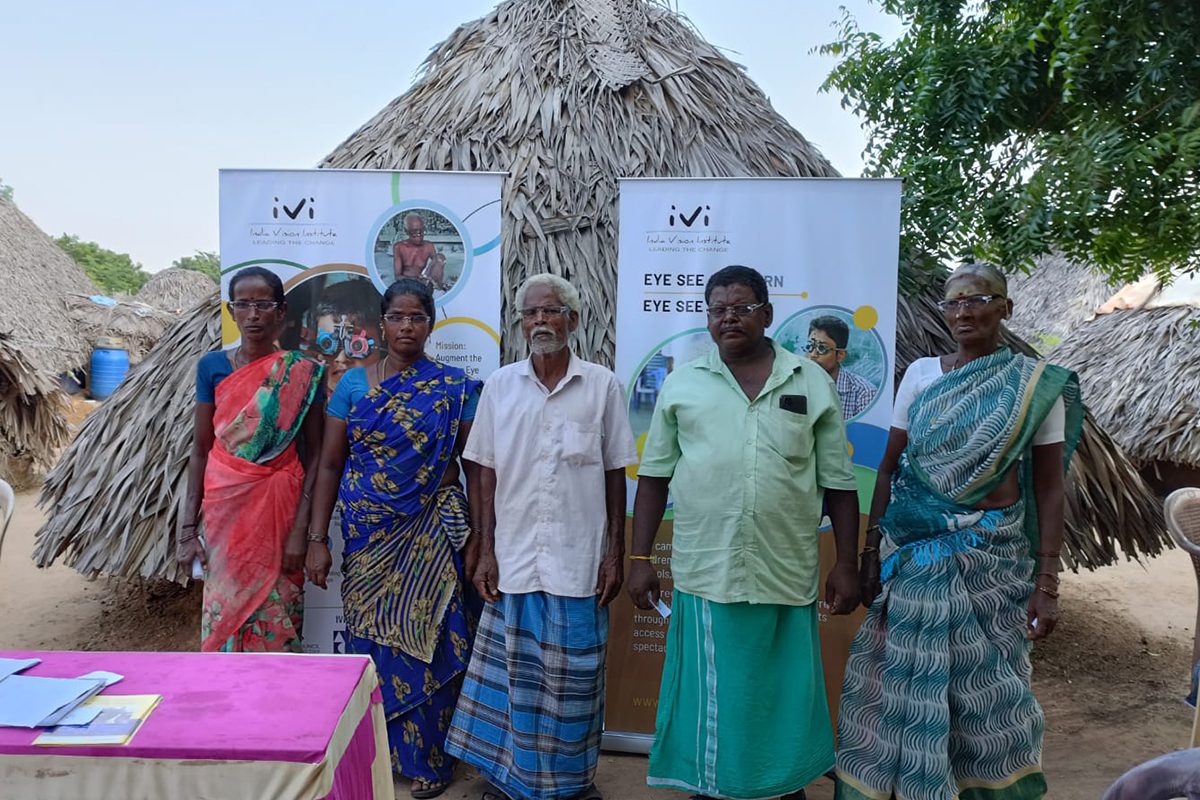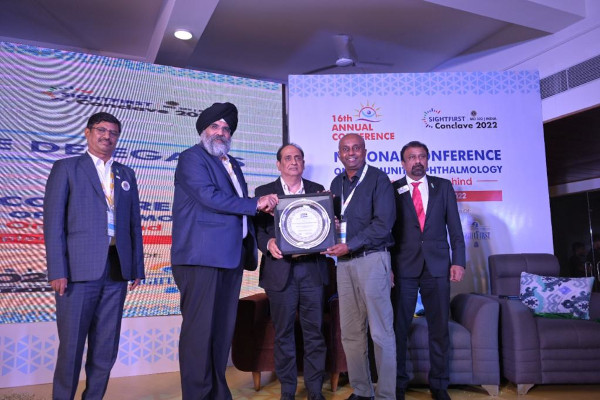Over a billion people are estimated to experience disability, with up to 190 million people aged 15 years and older having significant difficulties in functioning, often requiring health care services. Studies have shown that a little over 2% of India’s population is disabled. Disabled people face several challenges, including unmet eye health needs. They face barriers, stigmatization and discrimination when accessing health and health-related services, including eye care services.
The International Day of Persons with Disabilities is observed annually in December. Participants at the India Vision Institute (IVI)-VisionPlus Magazine-hosted ‘Disability-Inclusive Eye Health Practices’ panel discussion on December 9, contributed to the discourse on making eye health practices more inclusive for people with disability and special needs. Panelists shared experiences and ideas on meeting the challenges faced by eye care practitioners in providing eye health services, and barriers for disabled people in accessing them. Moderated by IVI’s CEO, Vinod Daniel, the panel at the discussion comprised Dr Sara Varughese, Regional Director, CBM India, Dr Deiva Jayaraman, Rehabilitation Specialist, LV Prasad Eye Institute, and Dr Deepak Bagga, Consultant Optometrist, LV Prasad Eye Institute.
Disability must be understood in the right context. What is a disability? It is less about what may be wrong with an individual who cannot see, hear, talk or walk, and is more about the barriers that society places on physically impaired people. They cannot participate in socio-economic spheres of life as a consequence of the barriers that exist in society. In other words, physical impairment causes disability only when societal barriers prevent a physically impaired person from accessing opportunities. People with any kind of disability need access to general eye health services, like everybody else. Some people with disabilities also need specialized eye health services, including further referral to rehabilitation, or education opportunities.
People with disabilities may be found in every section of society, unfortunately going unnoticed in our public consciousness. Vinod Daniel drew the panelists’ attention towards the widely held societal belief that disability is a problem limited to the elderly. “Is this a problem that only older people face, or is disability also a challenge in other age groups,” Mr Daniel asked. “Disability is a challenge across all age groups. It is not specific of one age group, and children also suffer from disability,” said Dr Jayaraman, “Children face vision-related disabilities such as combinations of blindness, Cerebral Visual Impairment (CVI), and additional disabilities.” Rehabilitation services can help in enabling children with disabilities lead happy and productive lives. Rehabilitation addresses the psychological well-being, social, emotional and physical well- being of a person with vision impairment and other special needs. The vision-related rehabilitation services available for children with disabilities range from counselling, functional visual assessment, and the prescription of optical and non-optical devices and training, to special skills’ training and guidance in education and career selection.
According to Dr Sara Varughese, vision rehabilitation services for children with disabilities should adopt a holistic approach. “It is not about the disease as much as it is about the child’s development, milestones, growth, nourishment, and overall growth,” she noted. Optometrists and medical personnel, while counselling those whose vision cannot be improved substantially, should give a message of hope. Children and their families alike must be told that life does not end, even if a child cannot see. Globally and in India, there are many high-achievers who cannot see, and it is vital for children and parents to be made aware of the possibilities that lie ahead in life. Eye care professionals should help such children access appropriate networks for rehabilitation, going beyond just vision rehabilitation.
In a vast country like India, eye care professionals at the primary level, especially in small towns and villages, have to be sensitized to the needs of people with disabilities. Vinod Daniel underscored India’s need for trained optometrists and eye care professionals at the primary, optical outlet level. He asked panelists whether eye care professionals can be given additional training to empower them in addressing the special needs of people with disabilities. Dr Deepak Bagga answered in the affirmative. “Additional training for eye care professionals at the primary level will be beneficial because there is a large number of people who require primary-level rehabilitation or low vision intervention,” he noted.
Individuals with special needs can contact primary-level optical outlets, staffed by optometrists, who can advise them on a range of matters such as the types of illumination they might need at home and in the workplace, and the kind of filters they may have to use. Optometrists and eye care professionals at the primary level also need to be made aware of the extent and limits of their skills. They ought to be able to distinguish cases that can be treated at their level from those that need to be referred to specialists in secondary or tertiary eye care facilities.
More eye health facilities should provide special services for people with disabilities. It should not be an afterthought. There must be an integrated and holistic approach to eye care that encompasses the entire gamut of vision care, including vision health rehabilitation services. The role played by trained and passionate human resources in providing quality vision health services to people with disabilities will be vital. While gaps do exist in our ability to serve these very disadvantaged people, there is also an opportunity to transform the lives of millions of people all over India by investing more in vision rehabilitation services.
– Varun Nambiar

